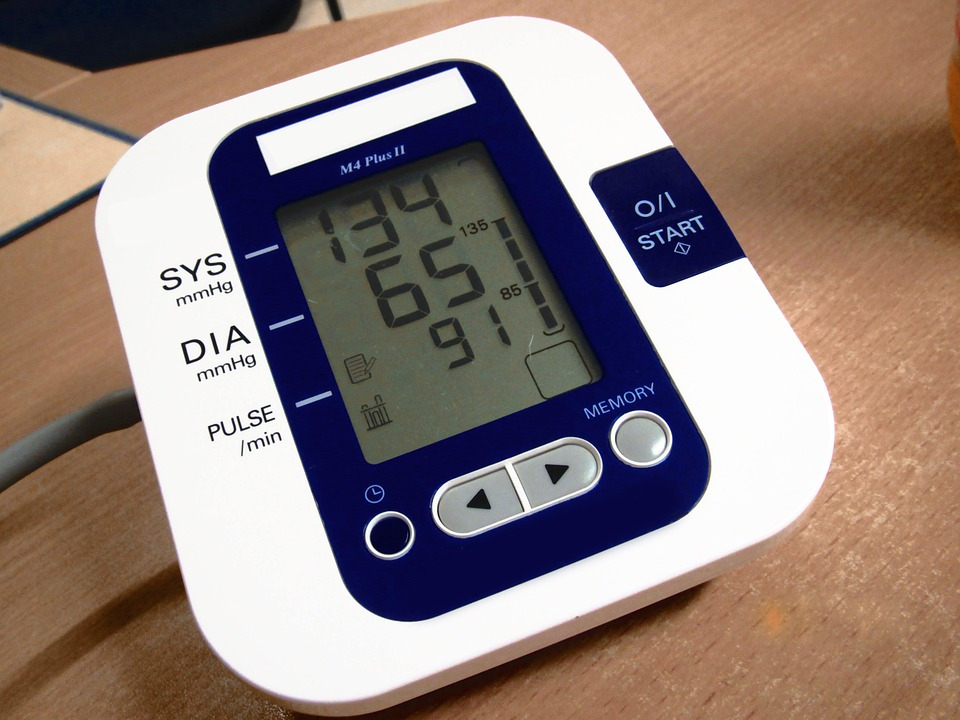At the beginning of each year, people all over the country think about what they can do to get in better shape and/or take on a healthier, more satisfying lifestyle. As a result, starting a gym membership is the first solution that comes to mind. What many don’t realize is that the most effective (and arguably, the cheapest) form of exercise is simply running. According to a meta-analysis from Mayo Clinic, you don’t need to run all that much to reap the benefits.
Just hearing the word “running” alone can make people cringe and assume how miserable the activity can be, but the fact is, hitting the pavement or trails can do more for well-being than just weight loss and metabolism. Whether you deal with chronic stress, anxiety, sleeplessness, or general lethargy, running can be your gateway to a more positive outlook. Let’s see how.
Running can make you stronger thinker
The association between intense cardiovascular activity and overall brain function is nothing new. Back in 2011, a study in Ireland was done that shows improved hippocampal function (the part of the brain associated with memory) after subjects performed pre-determined periods of exercise. High-intensity activity has been shown to increase a protein called brain-derived neurotrophic factor (BDNF), which is associated with nerve cell health.
Many business leaders attest to running in helping them make better decisions, and this has even been supported by a German study back in 2014.
Running releases serotonin and dopamine, natural mood-boosters
You probably hear “serotonin” and “dopamine” several times a year when listening to or reading about discussions on mental health. Serotonin is a naturally-produced chemical that is responsible for transmitting messages throughout one’s nervous system. It plays a role in many crucial functions in the body and brain, including sleep and overall mood. Dopamine is a similar chemical compound that is associated with reward and pleasure
Many studies have shown that running, or similar cardiovascular activity, promotes the production of serotonin and dopamine, with dopamine often associated with the famed “runner’s high”.
If you meet people at races, it’s not uncommon to learn that many runners have either dealt with addiction or depression in their past, especially with ultramarathon races. Running has been used as an effective tool for recovery and therapy, and is often encouraged by medical experts.
Running can help reduce stress
Everyday life only seems to be speeding up more and more, which is opening up the gateway to a constant influx of stress. Between one’s job, family, home safety, and social expectations, stress can build up and break down the body overtime.
The best drug to handle the production of cortisol (the “stress hormone”) is not a glass of wine or food, but just going for a run. High-intensity exercise has been shown to increase norepinephrine, a chemical responsible for the body’s response to stress. In general, the more active a person is, the more the body has a chance to respond to stress levels.
Getting started with running, wisely
While all of these benefits might make you want to immediately go and lace up (and hey, who can blame you?), running is the type of activity you don’t want to rush on into. Where there are many benefits to the activity, inexperience and lack-of-knowledge can quickly lead to injury.
When you start:
- Get the right shoes – Go to your local running store (or general sports store) and talk with a representative about the right running shoe for you. Shoes are arguably the most expensive part of running, but having the right pair is crucial.
- Start small – If you’ve rarely or never have gone for a run, you’ll need to give your body a chance to adjust and “wake up” to the activity. Just do a mile or even half of a mile to start. Find a pace that makes your body work – not too slow where you’re not expending effort, but not too fast where you are gasping for air.
- Hydrate, hydrate, hydrate!– Regardless of the temperature outside, focusing on hydration is essential. Runners can experience dehydration even in cool to cold temperatures, and the result can be destructive. Invest in a hand-held water bottle or other hydration delivery system that will provide you with accessible water.
- Don’t forget about electrolytes – Electrolyte imbalance can be just as dangerous as dehydration, if not worse. Make sure that in warmer weather, you’re focusing on your salt intake. Overtime, you’ll learn that tomato juice, salt tabs, or a sports drink will become some of your best running friends.
Happy (and safe) running!
Author Bio: Michael Cartier is a digital marketer and runner based in North Carolina.










